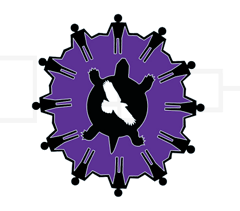Abstract
Historically, research in Alaska has disregarded community input, creating mistrust among tribal communities toward researchers, and resulting in communities limiting their involvement in research projects. Over the past few years, tribal communities are becoming more involved in the research process; including developing their own tribal review boards and approval processes. This has resulted in the development of rigorous tribal approval processes that protect both the tribal communities and the researchers and can be time consuming. The communities are also taking a more active role in the research projects. This paper highlights some of the challenges we have faced while conducting community-based participatory research (CBPR) with tribal communities in Alaska and share lessons learned, including challenges with academic versus tribal community expectations, language translations and bilingual elders, and disagreement between researchers and communities. We conclude the paper with recommendations that can prepare other researchers interested in conducting research with Alaska Native communities or other tribal communities across the United States that will help establish rapport and strengthen the relationships between researchers and tribal communities.
Recommended Citation
Lewis, Jordan P. and Boyd, Keri
(2013)
"Forward steps and missteps: What we’ve learned through the process of conducting CBPR research in rural Alaska.,"
Journal of Indigenous Research: Vol. 2:
Iss.
1, Article 3.
DOI: https://doi.org/10.26077/6vxw-tr27
Available at:
https://digitalcommons.usu.edu/kicjir/vol2/iss1/3

